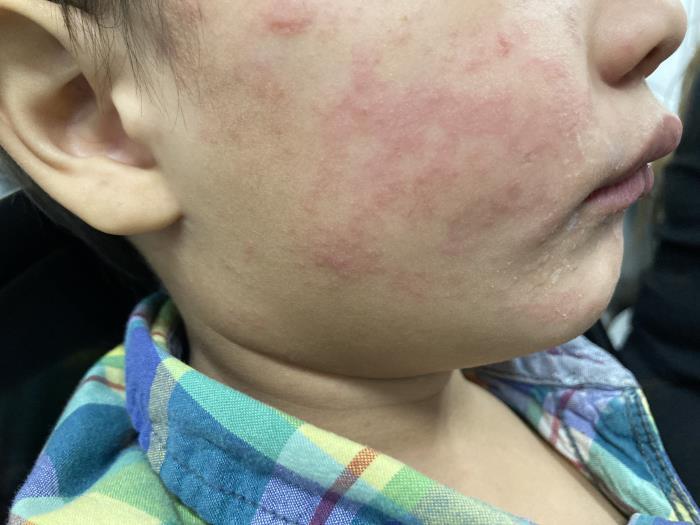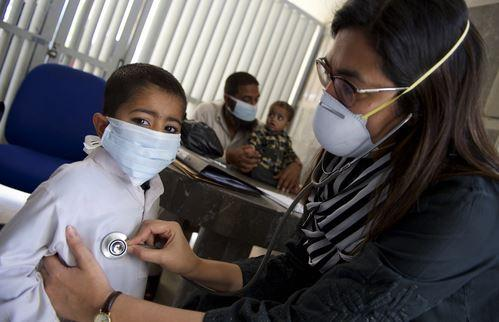A new study in eBioMedicine from researchers at George Washington University suggests certain types of nasal bacteria may make someone more likely to get a COVID-19 infection.
The study was based on 1,548 self-collected nasal swabs from adults in Washington DC. The swabs were collected during two retrospective case-control studies and a nasal microbiome study. Cases were defined as those with a positive SARS-CoV-2 testand were matched with controls based on age and test date.
Researchers found those who became infected with COVID had higher levels of gene expression for two key proteins, ACE2 and TMPRSS2. Elevated nasal ACE2/TMPRSS2 expression was associated with 3.6-fold increased risk of contracting COVID-19 (95%confidence interval [CI], 1.71 to 7.47) compared to those with no detectable levels of ACE2 or TMPRSS2.
Certain proteins associated with infection
Having high densities of bacteria including Staphylococcus aureus, Haemophilus influenzae, or Moraxella catarrhalis/nonliquefaciens was linked to increased nasal ACE2/TMPRSS2 expression.
Bacteria in our noses can influence the levels of proteins that the virus uses to infect cells.
“We’ve known that the virus SARS-CoV-2 enters the body through the respiratory tract, with the nose being a key entry point. What’s new—and surprising—is that bacteria in our noses can influence the levels of proteins that the virus uses to infect cells,” said Cindy Liu, PhD an associate professor of environmental and occupational health at the GW Milken Institute School of Public Health in a press release.
Researchers said their next steps will include modifying the nasal microbiome, such as through nasal sprays or live biotherapeutics, to see if that could reduce the risk of infection.














